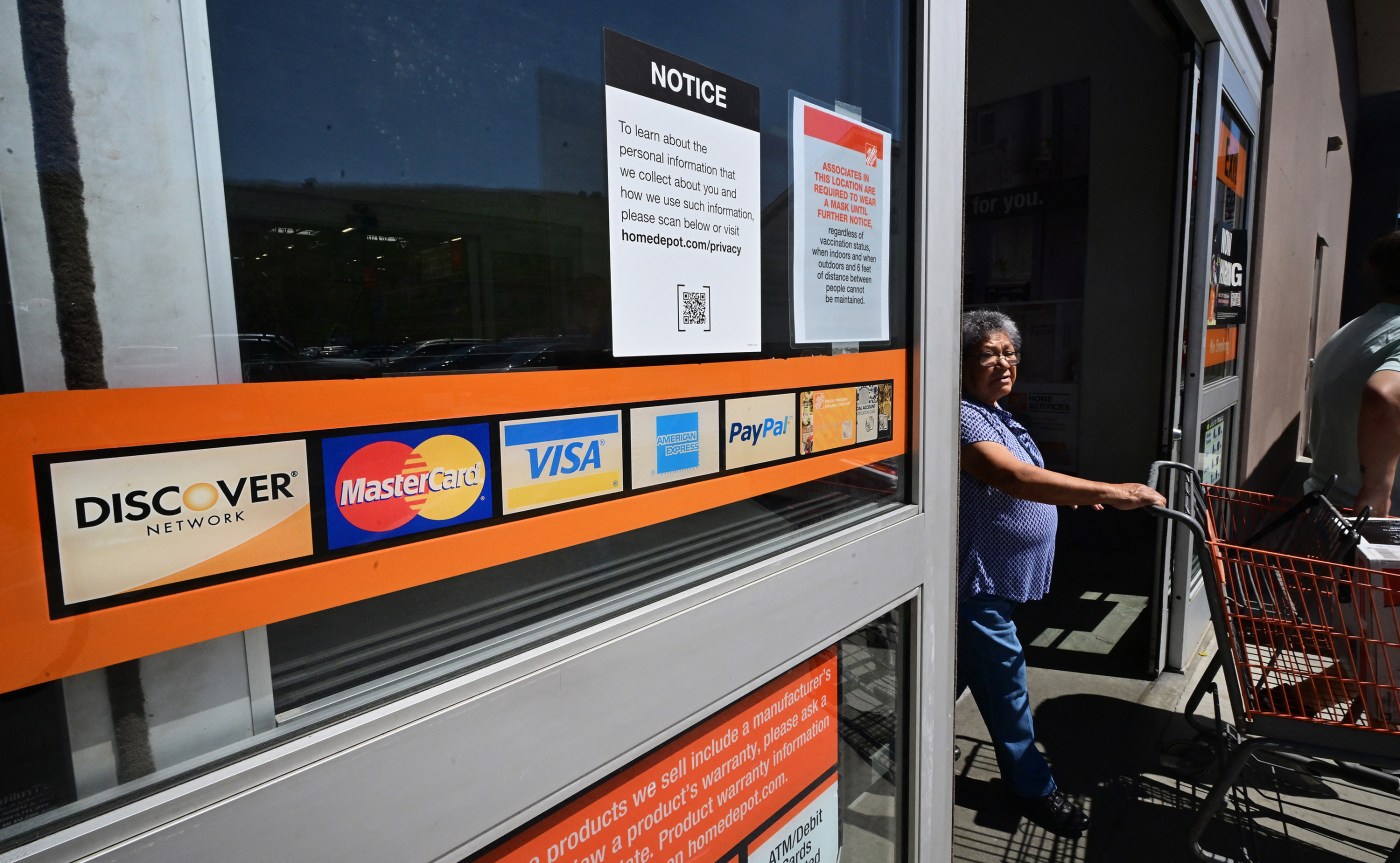
Cowen: Don’t take away Americans’ freedom to charge it
When Bernie Sanders and Donald Trump agree on something, it’s a sign that trouble is afoot. Recently, the senator from Vermont said that he would gladly work with the president-elect to cap credit card interest rates at 10%, a promise Trump made during the campaign.
Their complaint is simple: Americans who have to pay 20% or 30% interest on their credit card debt are being ripped off. Those rates do sound unjust, but imposing a cap would just make things worse — for borrowers more so than banks.
Consider the industry’s background. Competition among credit card issuers in the U.S. is intense. A large number of banks and fintech companies offer cards, which compete along many dimensions — annual fees, payment services and options, travel rewards and points, and of course borrowing rates. If a consumer does not like these terms, they can go elsewhere. One recent survey counts 643 credit cards from 156 issuers.
With so many different suppliers, it is likely that the offered terms of trade reflect the costs of production — in this case, the costs of expected default or delayed payment. Currently the total of revolving balances is estimated at $628.6 billion, which is 71.3% of outstanding balances. Average debt per borrower is more than $6,300, and delinquency rates have reached 3.3%.
In other words: A lot of payments are not being made promptly. This is a major cost to card issuers. One explanation for interest rates of 20% to 30% is that they are needed to compensate for all these delayed and defaulted payments.
Given that background, simple economics would indicate that an interest rate cap of 10% would mean that only people with strong credit ratings would be able to borrow money on their cards. Those with lower net wealth, or poorer payment histories, would be blocked from using credit cards for credit, because they would no longer be profitable to serve. They would also find it harder to get the other services of credit cards, such as rewards or payment conveniences. Keep in mind that the average borrowing rate on credit cards today is more than 20%.
Then there are the secondary consequences. If someone cannot borrow against his or her credit card, maybe payday loans will be the next option. Are they so much better? The logic of the Sanders-Trump proposal, pursued consistently, would choke off borrowing for people with high credit risk.
The right to borrow money is inextricably linked with other liberties. Sanders, for instance, is pro-choice when it comes to abortion. So why would he support restricting a woman’s right to borrow money to finance that abortion, or to borrow money to travel across state lines?
Ultimately, freedom of choice is intertwined with the freedom not only to spend money, but also to borrow it. Overreach is a temptation on both ends of the political spectrum.
Tyler Cowen is a Bloomberg Opinion columnist, a professor of economics at George Mason University and host of the Marginal Revolution blog./Tribune News Service


